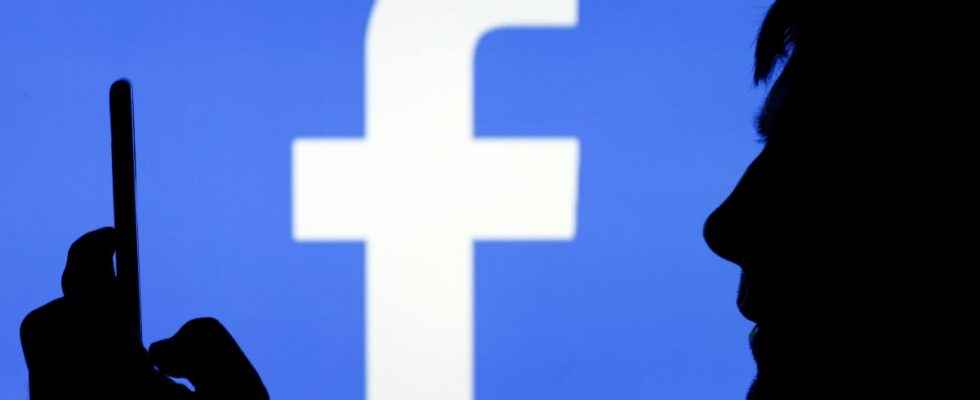To say that Facebook has a complicated history when it comes to handling personal data would be an understatement. The social network has been splashed by many controversies, the best known of which is obviously the Cambridge Analytica affair. Since then, the firm has tried to restore its image and has even just made a tool available to check if your phone number has been posted on Facebook without your consent.
Spotted by Business Insider, this device is unfortunately not really promoted by Facebook, which has relegated it to the end of an obscure help page on adding friends and importing contacts to Facebook. Fortunately, the page is also accessible directly via the URL facebook.com/contacts/removal.
As the company states, the tool allows “check if [elle dispose] your phone number or email address” and, if applicable, of “ask to have them removed [sa] database“. Even if you have never set foot on Facebook or Instagram, it is not excluded that your telephone number and/or your e-mail address are listed at Facebook. The Messenger application indeed encourages its users to share their address books with Facebook to easily find contacts If only one of your contacts has agreed to share this information, your number may have landed on Facebook’s servers.
Deleting this information couldn’t be simpler, though:
- Go to facebook.com/contacts/removal;
- Choose the information you want to erase;
- Enter the relevant email address and phone number;
- Specify which platform you want to scan (Facebook, Instagram, Messenger or all three);
- Validate your identity with the code received by email or SMS;
- Confirm deletion of your information.
Once this information is erased, Facebook specifies that this data will be blacklisted and can no longer be shared with Facebook.
Can I trust Facebook?
The operation of this tool obviously raises many questions to which Facebook provides very few answers. It is therefore up to each and everyone to decide whether the Facebook tool is trustworthy. Note all the same that it is not a flower that Facebook does here to its community. The right to erasure of personal data is enshrined in Article 17 of the GDPR. If the company was actually trying to deceive Internet users with its tool, it would be taking a very, very big risk.
On the question of the operation of the blacklist, Facebook did not want to answer the questions of Business Insider. It is likely that the information to be blocked is not written in plain text in a database (this would completely destroy the interest of the approach), but rather encrypted in an unreadable form with a unique signature. This would prevent news from being re-uploaded while preserving the usefulness of the tool.
To the question “Does Facebook use this tool to recover even more phone numbers?”, it is impossible to provide a factual answer. As stated above, Facebook would have everything to lose by doing so, but given the care with which the firm has protected the phone numbers of its users so far, it is impossible to be sure. With nearly 3 billion active users on Facebook, there’s a good chance your number ended up on the company’s servers anyway, whether you like it or not. We comfort each other as best we can.
